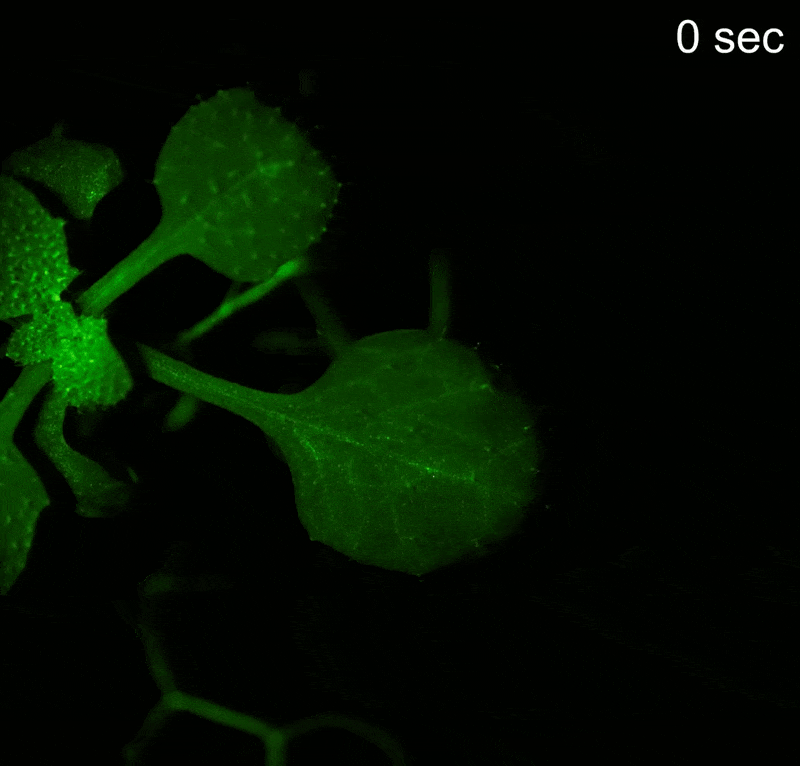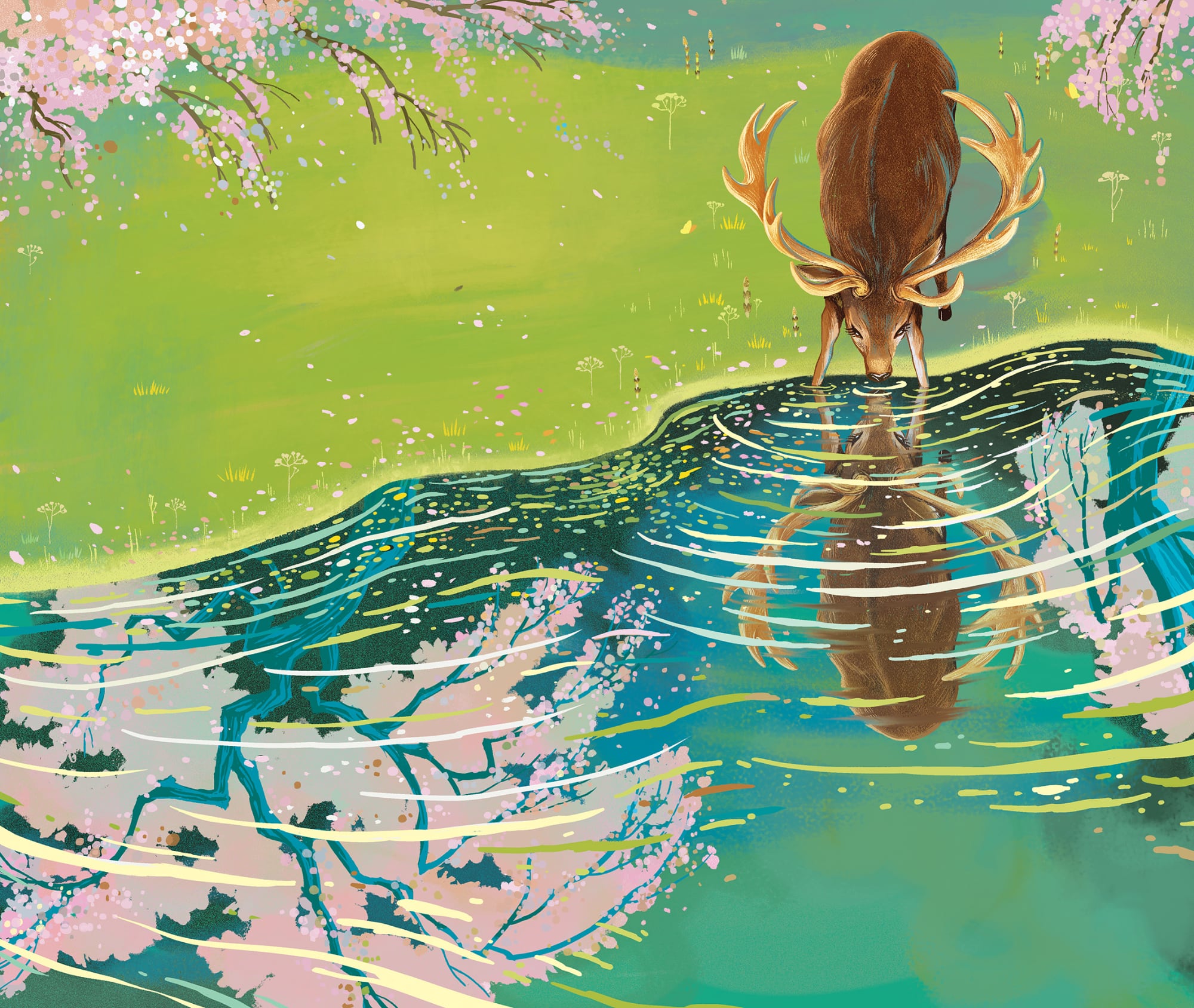“Cloud songs on the horizon” (2023). All images are installation views of ‘Ranjani Shettar: Cloud songs on the horizon,’ Barbican Conservatory, © Max Colson, Barbican Art Gallery, courtesy of Barbican Centre, KNMA, Ranjani Shettar, shared with permission
Emerging from the lush, jungle-like conservatory at the Barbican is a collection of otherworldly sculptures that transform the venue into a site of metamorphosis. Largely made of muslin, reclaimed teak, and steel, the works were born in the rural Karnataka, India, studio of artist Ranjani Shettar, whose interest in nature’s resilience and adaptation is on full display at the iconic London space.
Shettar is known for her use of organic and industrial materials that she fashions into delicate, sometimes abstract, sculptures. In her solo exhibition titled Cloud songs on the horizon at the Barbican, the artist suspends pieces that appear like seed pods, plants, and other organisms within the 23,000-square-foot space. As viewers move along the pathways, the works seem to morph into different creatures and reflect the ways changes occur over time.
The Barbican’s glass ceiling plays a crucial role, as well, as it shifts perspectives depending on the time of day. Shettar softly illuminates some of the works when under the dark cover of night, adding that “natural light had to become an active ingredient of the sculpture-making, not a passive (one) that would happen later on. I had to consider it as a medium itself,” she says.
Cloud songs on the horizon is on view through March, and you can find more of Shettar’s works from Talwar Gallery.
“In the thick of the twilight” (2023)
“In the thick of the twilight” (2023)
“Cloud songs on the horizon” (2023)
Detail of “Cloud songs on the horizon” (2023)
“Moon dancers” (2023)
Detail of “Moon dancers” (2023)
Detail of “Cloud songs on the horizon” (2023)
“In the Wings of Crescent Moons” (2023)
Do stories and artists like this matter to you? Become a Colossal Member today and support independent arts publishing for as little as $5 per month. The article Ranjani Shettar’s Delicate Sculptures Entwine with the Lush Plant Life of the Barbican’s Conservatory appeared first on Colossal.


